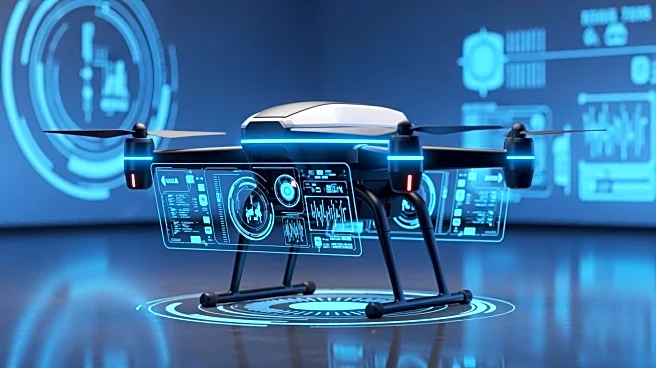What's Happening?
The Pentagon is exploring new weapons systems that incorporate artificial intelligence, bringing a Silicon Valley spirit to military technology. Startups are pitching systems that approach full autonomy,
raising questions about society's readiness for such advancements. The integration of AI into military applications is part of a broader trend of technological innovation within defense sectors, but it also poses significant ethical and strategic challenges.
Why It's Important?
The potential deployment of autonomous weapons systems could revolutionize military operations, offering enhanced capabilities and efficiency. However, it also raises ethical concerns about accountability, decision-making in combat, and the potential for unintended consequences. The introduction of AI in military contexts could lead to shifts in global power dynamics and necessitate new regulatory frameworks to address the moral and legal implications of autonomous warfare.
Beyond the Headlines
The development of autonomous weapons systems highlights the intersection of technology and ethics, prompting debates about the role of human oversight in military operations. It also underscores the need for international dialogue and agreements to manage the risks associated with AI in warfare. The balance between innovation and ethical responsibility will be crucial as these technologies evolve.









